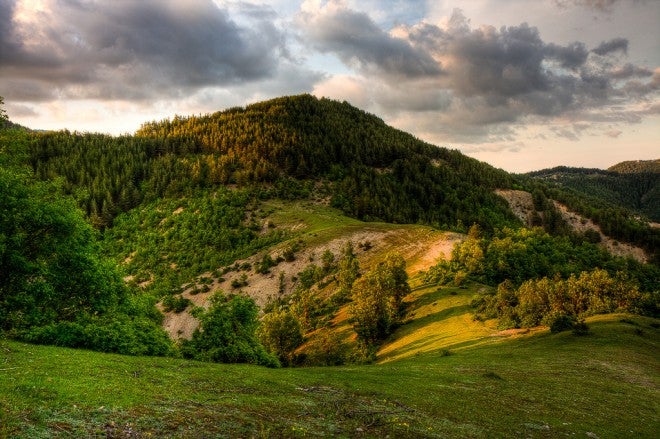5 Ways to Prevent Problems in the Wild
Russ Chastain 08.21.17

In the great outdoors, stuff happens. Often, that stuff is great–other times, not so much. The way we react to trouble can make or break a hunting or camping trip and might even make the difference between life or death in a survival situation. Staying calm will let you puzzle out a problem and find a solution.
1) Every Problem Has a Solution
If you believe there’s no way to solve a problem, you won’t solve it. Many’s the time I was faced with a task that seemed impossible in my circumstances, but with flexible thinking (there’s more than one way to skin a cat, as they say) you can usually find a way to accomplish your goal. Whether it’s single-handedly unloading a huge safe and moving it into the house alone without a hand truck, or figuring out how to safely climb down a tree after you’ve lost the bottom section of your climbing tree stand, remember that there is always a way.
2) Look for Trouble
I’m the sort of guy who tends to look at things with a “What can go wrong here?” mindset. This helps me prevent trouble by seeing possible bad stuff before it has a chance to happen. (It can also be frustrating for folks around me, especially if they require constant “stroking” or positive feedback.)
This approach has kept me out of many tight spots over the years, although of course stuff does go wrong. When it does, creative thinking will usually solve the problem.
Optimism is great, but a bright attitude won’t keep you dry if you fall off a log while crossing a creek. So listen to that nagging Russ voice inside your head, the one that’s saying, “Find a long walking stick to help you keep your balance.”
3) Stuff is Good, But Your Brain is better
If you need a saw but don’t have one, you’re not hosed; you just need to find another way to cut. Figure it out!
Need cordage? Backpack straps, boot laces, belts, and electrical cords may all be used if you have them, but so also may be vines, and strips of bear grass or tough bark.
Get creative. Problems will surprise you; it’s your job to surprise them right back.
4) Don’t Overpack
Full disclosure: I have trouble with this one. My hunting pack is usually bulky and heavy, and much of the stuff just rides around with me. And this is part of the curse of being the guy who looks at what can go wrong: “I might need that.” But relying on all that stuff doesn’t mean you’ll always be prepared. And for a hunter, more stuff means more movement and a greater chance of critters seeing you first.
A heavy pack won’t help your mindset when trouble arrives. Plus it’s a pain to find stuff in a crowded pack.
5) Take Your Time
Moving too quickly in the wild can cause all kinds of trouble. You can only look in one direction at a time, and if you are looking at the woods ahead, you’re not looking at the ground where you’re about to take your next step.
When I was young and began going to the woods with Dad, he told me over and over, “Always watch where you put your feet.” This has helped prevent me from stepping on quite a few rattlesnakes over the years, as well as in holes, on rotten logs, loose rocks, etc. But when I get in a hurry, I can miss seeing things around me because I’m concentrating on the ground ahead.
So take your time and watch where you’re going, while being aware of your surroundings.
6) Things Could Be Worse
Unless you are actually inside of hell, things could be worse. When you get into a jam, take inventory of your advantages and/or useful skills/objects that can get you out of it. Thinking about the bad stuff will only mess with your head, so concentrate on solutions instead.
Conclusion
I hope these thoughts help make your trips afield more enjoyable, more safe, and more productive.
Thanks to dogdsledder Blair Braverman for her article on keeping a cool head.
